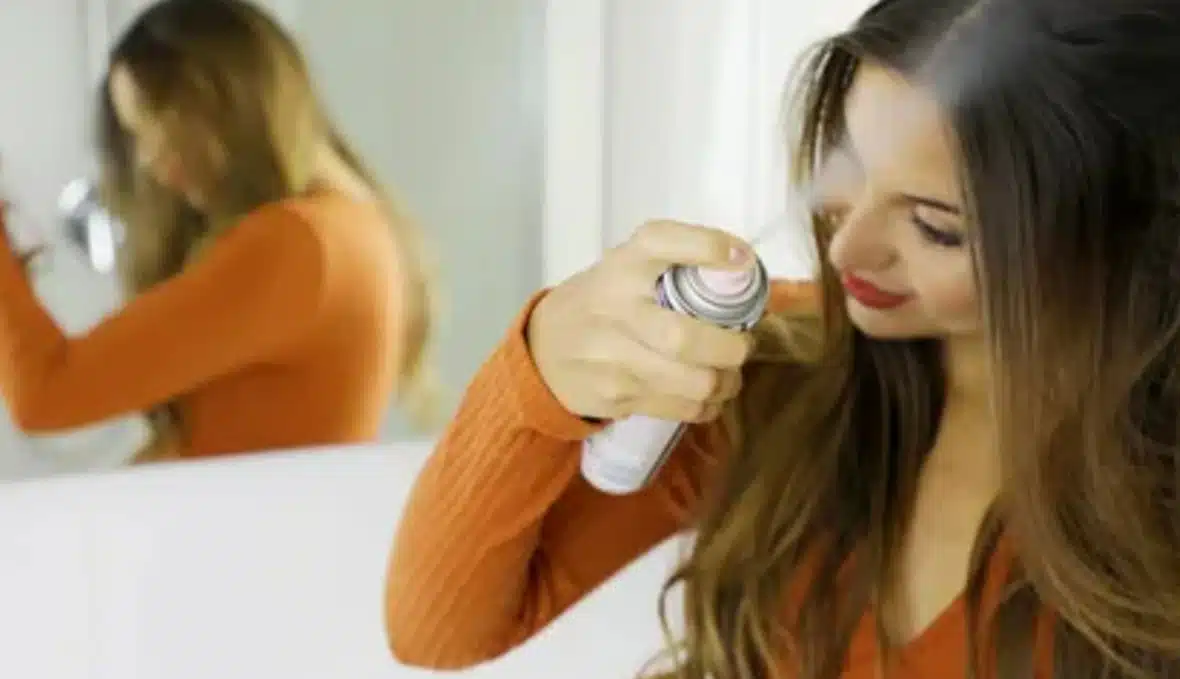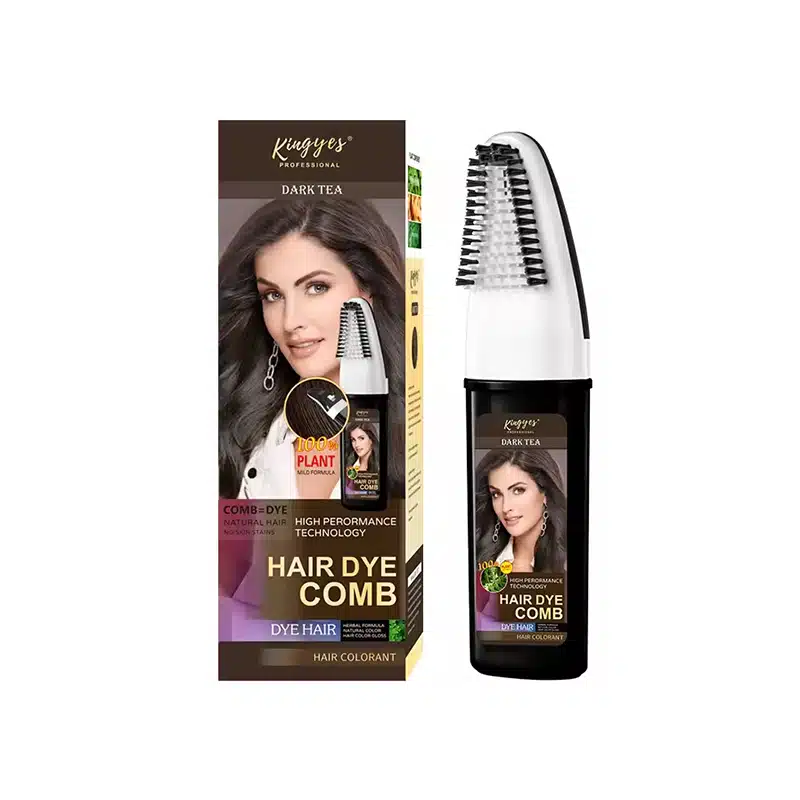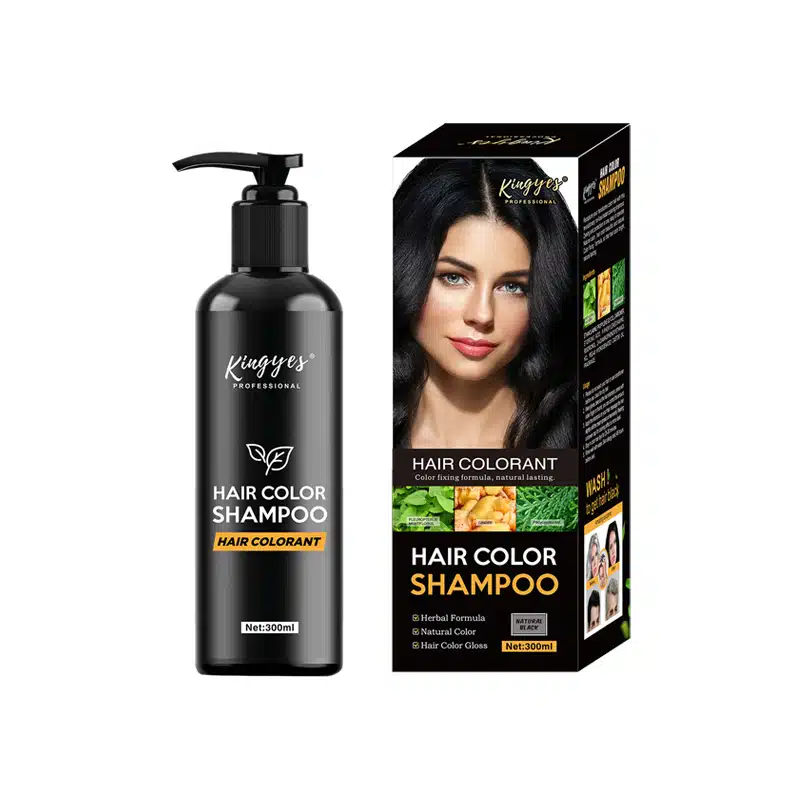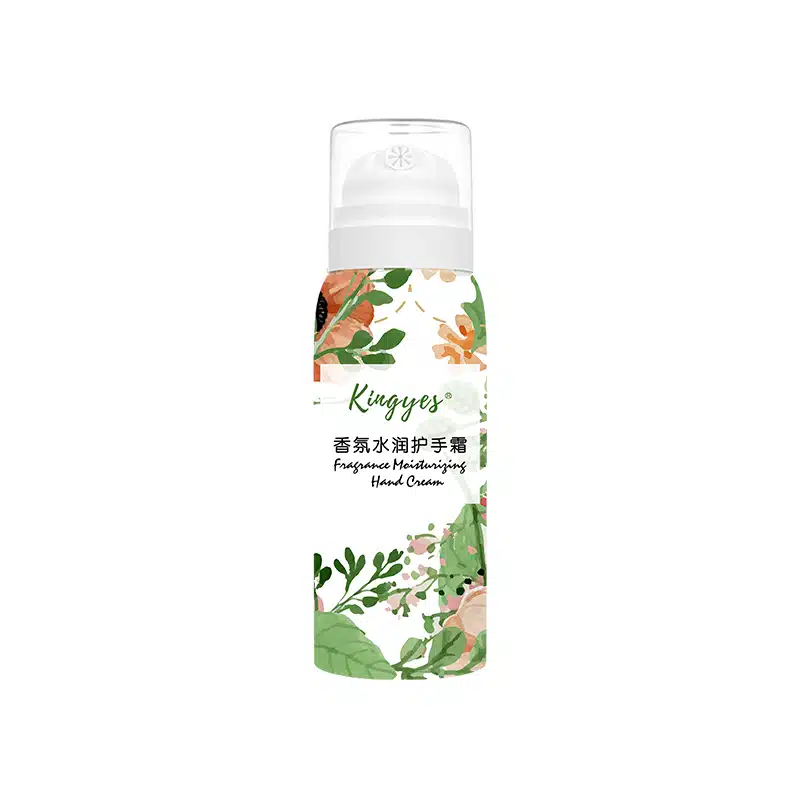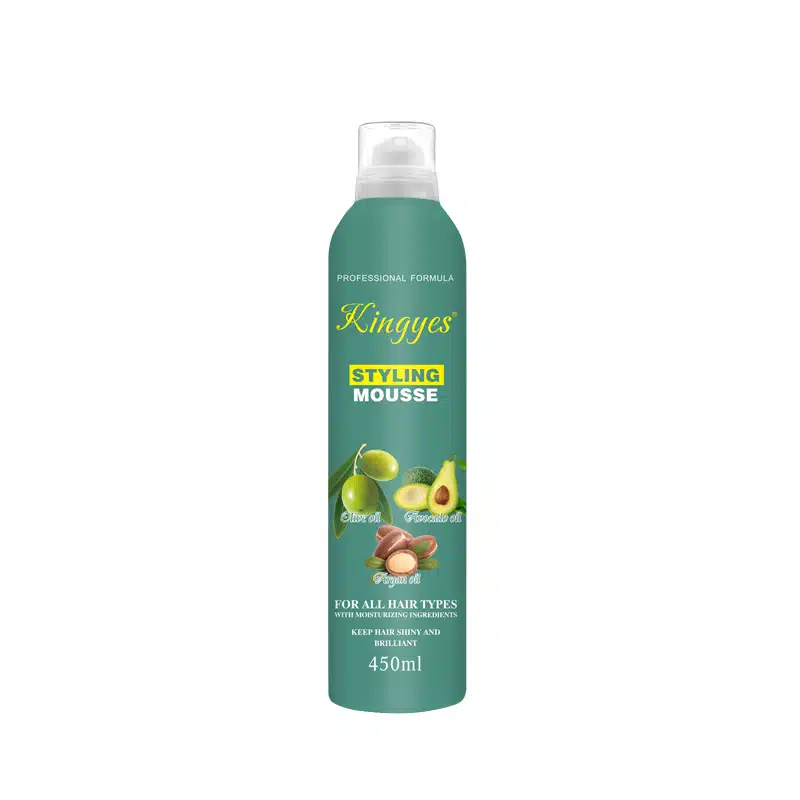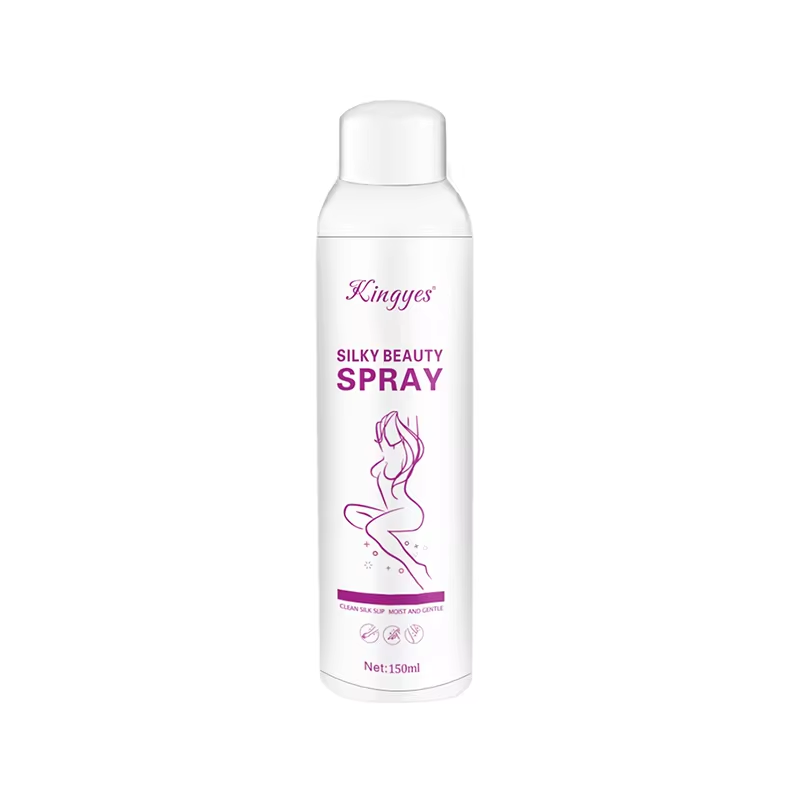
Quels sont les avantages et les inconvénients du shampooing sec ?
Table des matières
This article explores the pros and cons of dry shampoo, how it works, and its impact on your scalp and hair. Read on to discover whether this popular hair care product is right for you!
What Is Dry Shampoo and How Does It Work?
Dry shampoo is a hair care product that allows you to clean your hair without using water. It typically comes in a spray or powder form and is applied directly to the roots.
How Does Dry Shampoo Work?
- Absorbs Oil: Dry shampoo contains ingredients that absorb excess oil from the scalp and hair.
- Ajouter du volume: It can give your hair a fuller appearance by adding texture.
- Refreshes Hair: Leaves your hair smelling fresh between washes.
Citation: “Dry shampoo is a quick fix to revive your hair when you don’t have time for a full wash.”
The Benefits of Using Dry Shampoo
Utilisation dry shampoo offers several advantages for your hair and daily routine.
Pros of Dry Shampoo
- Saves Time: Great for busy mornings when you can’t wash your hair.
- Extends Hairstyles: Helps maintain styling for days in a row.
- Reduces Heat Damage: Less frequent washing means less blow-drying.
- Ajouter du volume: Can make your hair look fuller and thicker.
- Washes Less Often: Allows you to wash your hair less often, preserving natural oils.
Le saviez-vous ? Using dry shampoo can be better for your hair by reducing exposure to water and harsh detergents.
Can Dry Shampoo Replace Regular Washing?
Tandis que dry shampoo is convenient, it doesn’t completely replace traditional washing with shampoo and water.
Why You Still Need to Wash Your Hair
- Removes Build-Up: Only water and shampoo can fully remove dirt and product residue.
- Cleans the Scalp: Washing cleanses the scalp and hair follicles, promoting healthy growth.
- Prevents Clogging: Regular washing prevents the clogging of pores on the scalp.
Se souvenir: Dry shampoo is a temporary solution, not a permanent replacement for washing.
Is Dry Shampoo Bad for Your Hair?
There’s a debate about whether dry shampoo is bad for your hair. Let’s explore the potential downsides.
Cons of Dry Shampoo
- Build-Up on Scalp: Overuse can lead to residue build-up, affecting scalp health.
- Clogged Hair Follicles: May cause issues like dandruff or hinder hair growth.
- Sécheresse: Can make your hair and scalp feel dry if used too often.
- Not a True Clean: Doesn’t actually clean your hair; it masks oil and odor.
- Harmful Chemicals: Certains dry shampoos contain ingredients that may be harsh on your hair.
Aperçu: Using dry shampoo too often may endommager les cheveux in the long run.
How Often Should You Use Dry Shampoo?
Finding the right balance is key to enjoying the benefits without the drawbacks.
Recommended Usage
- Occasional Use: Ideal for those times when you can’t laver les cheveux.
- Not Daily: Avoid using dry shampoo days in a row.
- Listen to Your Hair: Depending on your type de cheveux, adjust frequency.
Conseil: Always wash your hair with regular shampoo after using dry shampoo a couple of times.
Effects of Dry Shampoo on the Scalp
Votre cuir chevelu plays a vital role in hair health, and dry shampoo can affect it in several ways.
Potential Scalp Issues
- Irritation: Ingredients may cause a cuir chevelu sec or itching.
- Blocked Pores: Residue can clog pores, affecting oil production.
- Reduced Hair Growth: An unhealthy scalp can hinder croissance des cheveux.
Conseil: If you notice scalp issues, reduce the use of dry shampoo and consult a dermatologist.
Choosing the Best Dry Shampoo for Your Hair Type
Selecting the right product can minimize negative effects.
Factors to Consider
- Type de cheveux: Fine, oily, or thick hair may require different formulas.
- Ingrédients: Rechercher natural hair care products without harmful chemicals.
- Color Match: Some dry shampoos are tinted to match your hair color.
Recommandation: Use quality dry shampoos that suit your specific needs.
Tips for Using Dry Shampoo Effectively
Maximize the benefits by applying dry shampoo correctly.
Application Steps
- Secouez la bouteille: Ensures even distribution of ingredients.
- Hold at a Distance: Spray about 6 inches from the roots.
- Target the Roots: Focus on the roots of your hair where oil accumulates.
- Massage In: Use your fingers to work it into the scalp.
- Brush Out: Removes excess and distributes the product.
Conseil: Utiliser un little dry shampoo at a time to avoid build-up.
Alternatives to Dry Shampoo
If you’re concerned about the cons, consider other options.
Other Hair Care Solutions
- Washing Less Often: Train your hair to need fewer washes.
- Mild Shampoo: Use gentle products for daily washing.
- Natural Remedies: Try alternative hair treatments like apple cider vinegar rinses.
Aperçu: Sometimes, traditional methods are better for your hair in the long term.
Questions fréquemment posées
1. Can dry shampoo cause hair loss?
Overuse may lead to scalp issues that could affect hair growth, but dry shampoo itself doesn’t directly cause hair loss.
2. Is dry shampoo suitable for all hair types?
Most hair types can use dry shampoo, but it’s important to choose one that’s appropriate for your specific hair.
3. How long can I go without washing my hair if I use dry shampoo?
It’s best not to replace washing entirely; use dry shampoo to extend time between washes but still wash your hair regularly.
4. Does dry shampoo remove oil from hair?
It absorbs excess oil but doesn’t remove it completely like washing with water and shampoo.
5. Can I use dry shampoo on curly hair?
Yes, but be cautious as it may affect the hair’s natural texture and moisture.
6. Are there natural dry shampoos available?
Yes, some brands offer dry shampoos made with natural ingredients that are gentler on the scalp.
Conclusion
Dry shampoo offers a convenient way to refresh your hair, but it’s essential to understand both the pros and cons. While it can save time and reduce washing frequency, overuse may lead to scalp issues and endommager les cheveux. By using it wisely and choosing the right product, you can enjoy the benefits without the drawbacks.
Principaux enseignements
- Propellants in Dry Shampoo: Commonly include butane, propaneet isobutane.
- Benzene Concerns: Some dry shampoos have been recalled due to benzene contamination.
- Health Implications: Propellants can cause scalp irritation and are highly flammable.
- Natural Alternatives: Non-toxic et natural dry shampoos avoid harmful chemicals.
- Safety Measures: Always read labels and choose products carefully.
By understanding how dry shampoo works and its impact on your hair, you can make informed decisions that keep your hair looking and feeling its best!
Résumé à puces
- Dry shampoo allows you to clean your hair without water.
- Avantages include saving time, adding volume, and reducing washing frequency.
- Drawbacks involve potential scalp issues, build-up, and not truly cleaning hair.
- Use dry shampoo sparingly to avoid overuse and hair damage.
- Always wash your hair regularly with shampoo and water.
- Choisir les produits suited to your type de cheveux and with gentle ingredients.
- Proper application enhances effectiveness and reduces negative effects.
- Alternatives like mild shampoos or natural treatments can be considered.
Commentaires
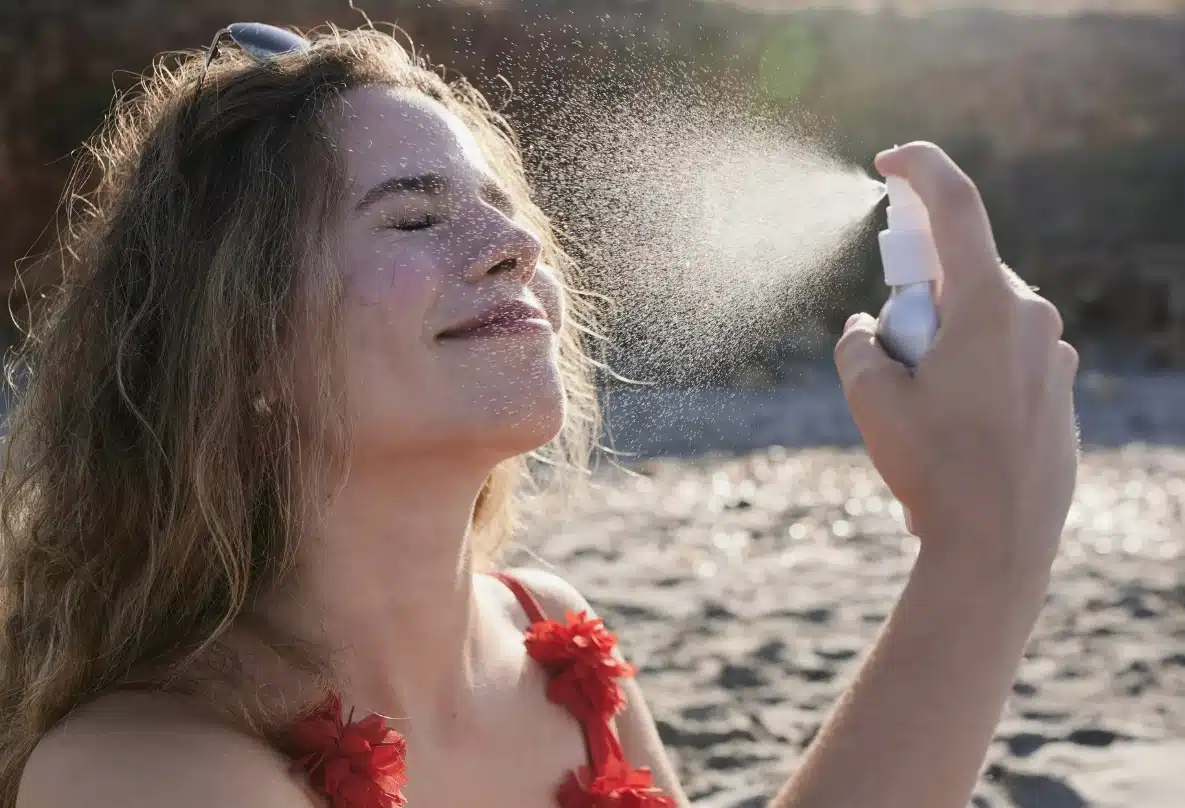
Is It OK To Use Spray Sunscreen On Your Face?
Ever wondered if it’s okay to use spray sunscreen on your face?
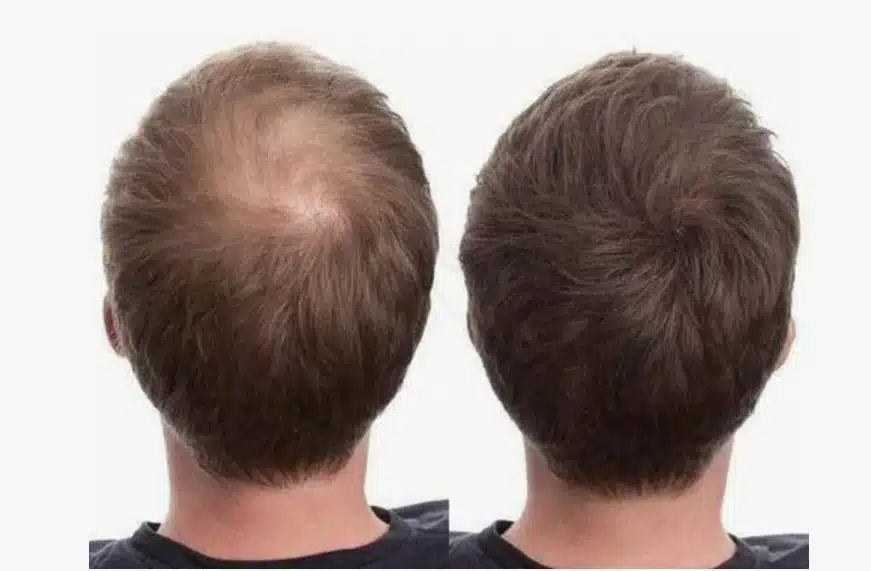
How Long Does Root Touch Up Spray Stay In?
Have you ever wondered how long root touch-up spray stays in your hair and its effects on your hair color?
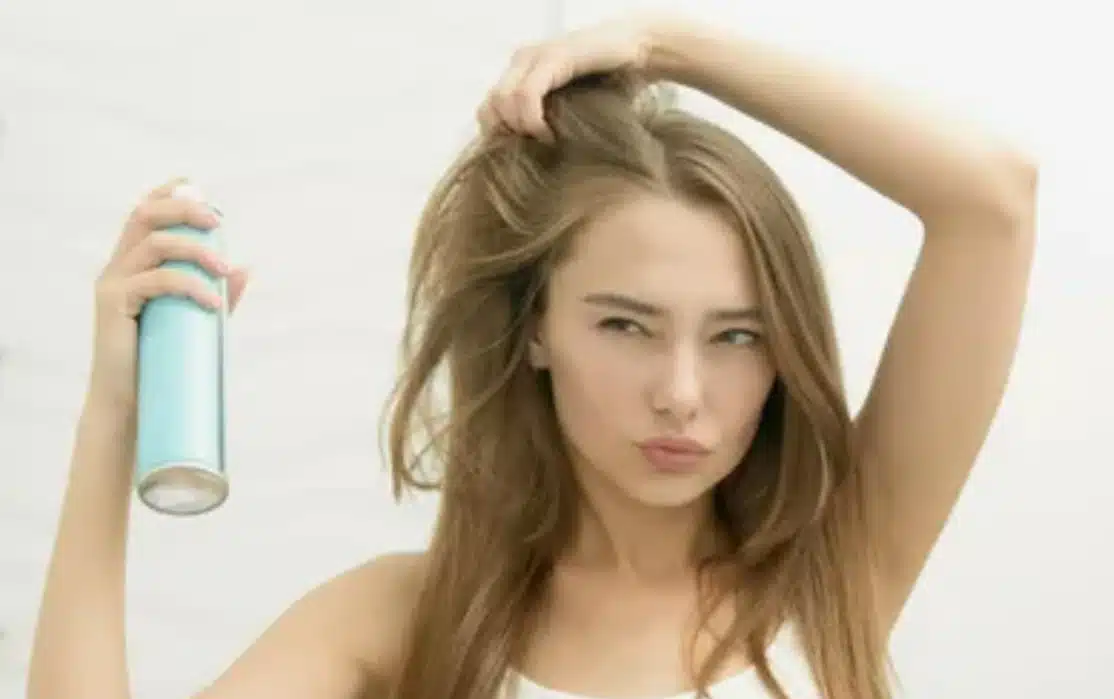
Quel est le propulseur du shampooing sec ?
Vous êtes-vous déjà demandé quel était le gaz propulseur contenu dans le shampooing sec et comment il affectait vos cheveux ?
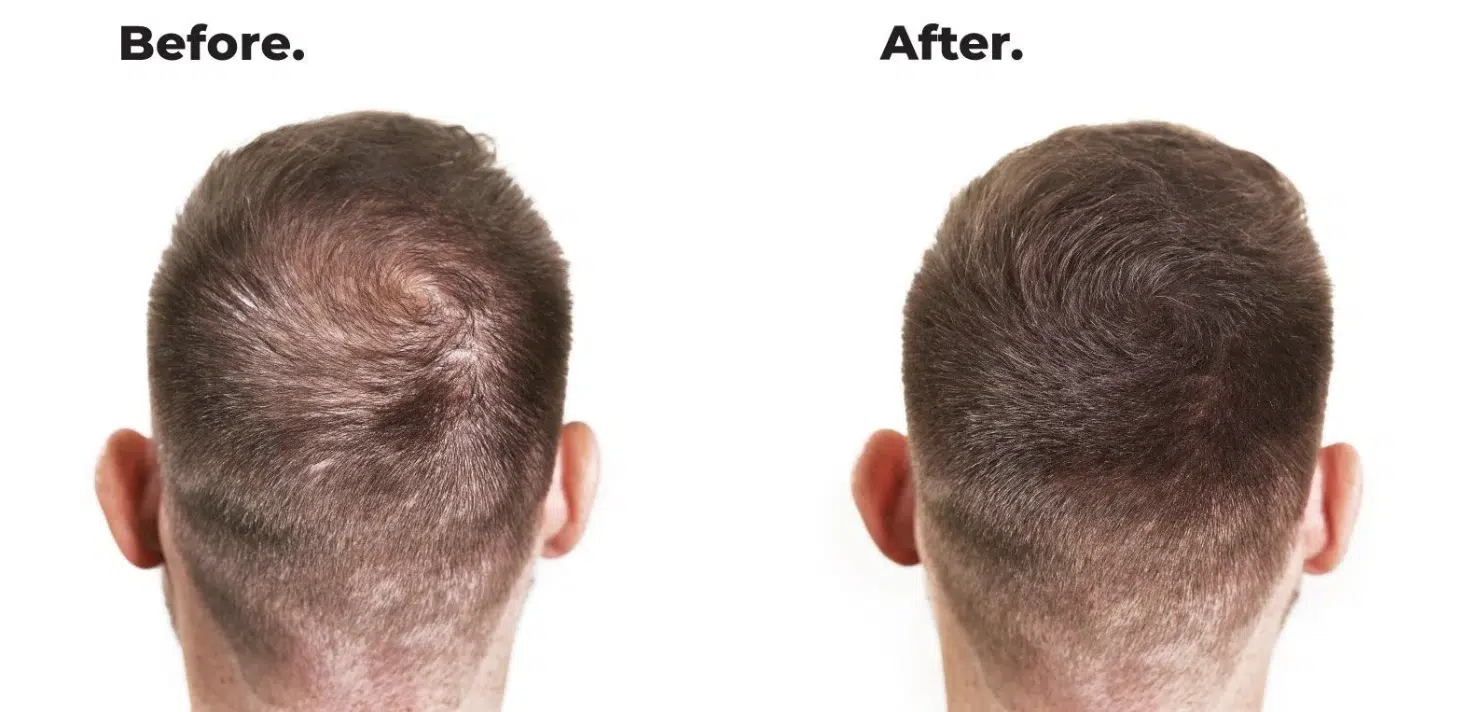
Are Hair Fibers Good For Hair?
Hair building fibers have revolutionized the way we address thinning hair concerns.
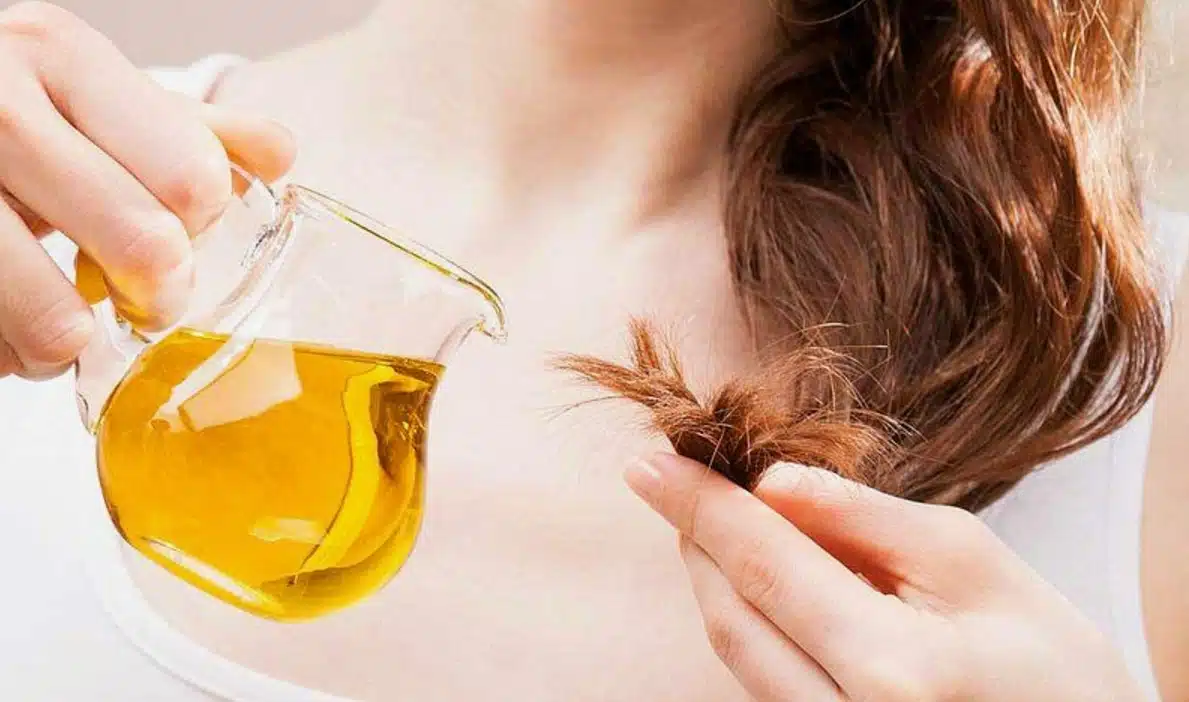
Est-il bon de mettre de l'huile dans ses cheveux tous les jours ?
Vous êtes-vous déjà demandé si l'application d'une huile capillaire était vraiment bénéfique ?
- +86 151 1839 7303
- [email protected]
- Lun-dim 07:00-23:00
Tags
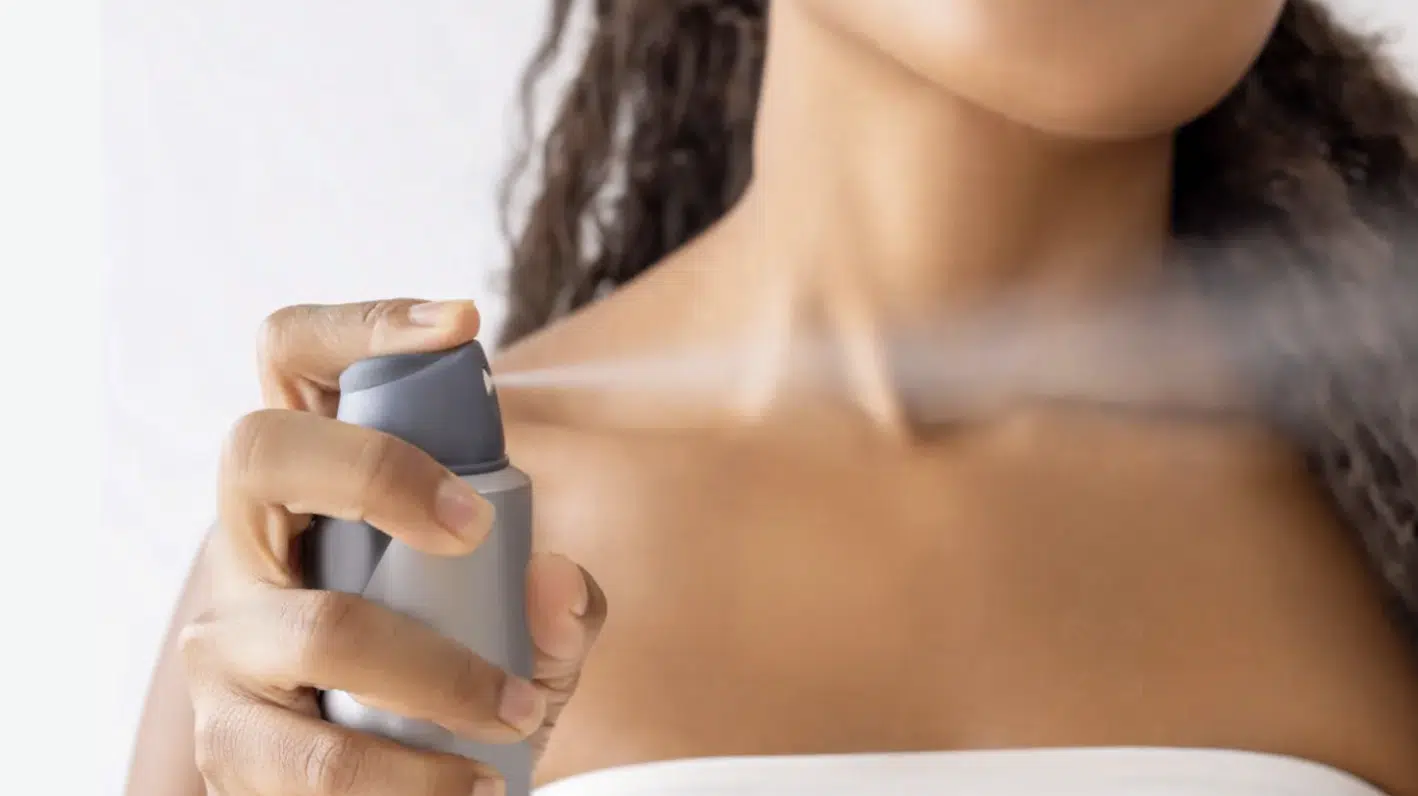
What Happens If You Don’t Use Setting Spray?
Setting spray is often lauded as the ultimate secret to a long-lasting, flawless makeup look.
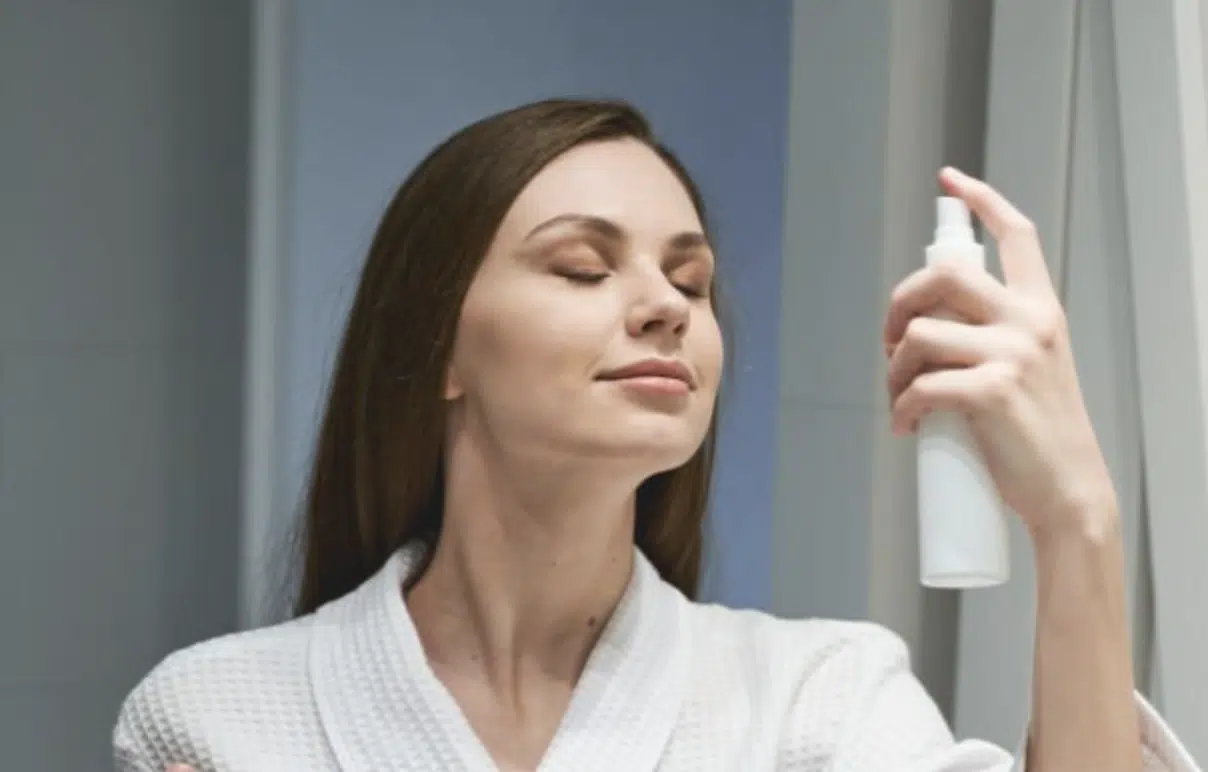
Do I Really Need Setting Spray?
Are you wondering if setting spray is just another hyped-up beauty product, or is it a must-have in your makeup routine?

Quel est l'intérêt d'un spray fixant ?
Vous êtes-vous déjà demandé comment faire tenir votre maquillage toute la journée sans bavure ni décoloration ?

